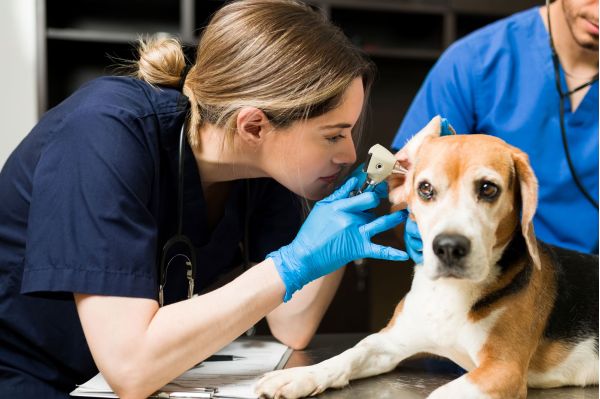
Matt O'Keeffe
Editor
Worldwide vet shortage

Several third-level colleges and universities have tendered offers to facilitate the establishment of at least one new school of veterinary medicine. University College Dublin – which has recently been allocated 50 additional veterinary places – offers the only option currently, and it is anticipated that an announcement is imminent on where another faculty may be located. The shortlist includes South East Technological University (SETU), University of Limerick (UL) and Atlantic Technological University (ATU). Given political, regional and financially influential pressures being brought to bear, there is some likelihood of more than one location being chosen, or, alternatively, a sharing of locations for a second unified school of veterinary medicine. While a single inclusive campus encompassing academic and practical modules might appear the most efficient, don’t underestimate the capacity of decision makers to opt for something for almost everyone in the audience.
Despite vet numbers increasing from 2,200 in the past decade to almost 3,000 practitioners currently, many farmers, especially in remote areas, are finding it increasingly difficult to source a large-animal vet, with many vets taking the companion-animal route to practice. And who can blame them, with better working hours, less physical exertion, higher remuneration and top-class surgical working conditions?
Brexit, we all know, has a lot to answer for – in so many ways – and our vet-shortage problem comes under that. How so? Well, more vets have been required for – and, indeed, tempted to accept – regulatory and inspection roles with government agencies monitoring the array of phytosanitary standards involved in trade between Ireland and the UK as a result of Brexit.
"Don’t underestimate the capacity of decision makers to opt for something for almost everyone in the audience"
Not just an Irish problem
A shortage of vets for large-animal practice is not only an Irish problem. Internationally, vets are also in short supply to support livestock farming. In the US, fewer than five per cent of veterinary graduates take up a career in farm-animal-related veterinary care practices. While the problem is a general one across the US, it is becoming particularly acute in the mid-western states. Again, the availability of good career opportunities in pet care, with excellent remuneration and few night-time callouts, is proving very attractive.
In Europe, while there is not an actual shortage of vets, those interested in working in large-animal practices, or even mixed-animal facilities, are getting scarcer. In Germany, for instance, of the 20,000 veterinary practitioners licensed, fewer than 3,500 are involved in servicing the farm livestock sector.
Great interest
In some ways, Irish farmers are lucky. Such is the interest in veterinary medicine that many hundreds of would-be vets are willing to study abroad to realise their career ambitions. Most return well trained and motivated to engage in practice of one kind or another. While most of us might consider a career in veterinary medicine to be a well-paid option, the level of study required both initially and on an ongoing basis is considerable. It is also a costly career path, whether undertaken at home or abroad. The pressures can be immense, especially in lone practices and when those intensive calving periods require around-the-clock availability. In reality, if it were not for the TB Eradication Programme offering a steady income stream for vets, the financial returns would not be all that impressive.
Specialisation offers alternative opportunities as do positions in the various service and animal pharma sectors. Probably one of the most singular veterinary options is working in the equine sector. Many train with the single-minded desire to devote their working lives to horse care. Whatever the motivation, the hope must be that we will have more opportunities for young people to train as veterinary practitioners in Ireland with the imminent announcement of at least one new veterinary school.





